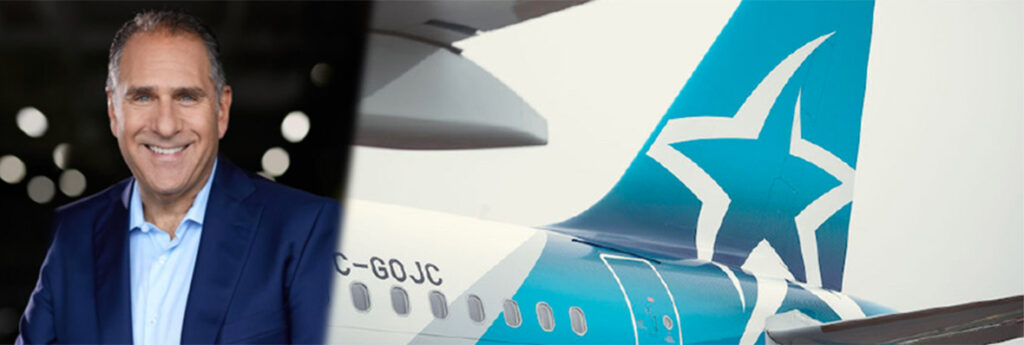Joe Adamo says he is reluctant to utter the “r(ecesson) word” but the Transat exec concedes that “in all likelihood a slowdown is on the horizon” in Canada, which combined with other “headwinds” such as (higher) fuel costs and the (lower) Canadian dollar, may prove to be a “big deal” for some in the travel industry.
He notes, for example, that a 10-cent hike in the price of fuel will typically cost Transat close to $20 million. And because fuel, hotels and other ancillaries are often purchased in foreign currencies, the strength (or weakness) of the Canadian dollar is also “very big.”
“Every one cent of degradation on the Canadian dollar is between $12 and $15 million off our bottom line,” Adamo says, adding, “I’m not trying to be doom and gloom, but they are headwinds that are always there.”
Despite the looming slowdown in the economy, however, the company’s chief sales and marketing officer believes that travel is positioned to fare better than other sectors across Canada – for a number of reasons.
Foremost among them, he told a select group of travel partners at the airline’s hangar at Toronto Pearson airport on Wednesday as Transat showed off one of its newest plane models, the A321neo, is the continuing desire of Canadians to travel after the pandemic.
“I think our bookings bear that out,” he says. “We are very, very busy. So, I think it augers well. There’s certainly still pent-up demand… and we haven’t tapped into all the pent-up demand in 2022. Not everybody travelled in 2022 who would have liked to; there are still some people on the sidelines. So, I think that gives us a head start in 2023.
“Plus,” he adds, “You do have a lot of people who have a lot of savings and (travel) is near if not at the top of the list with what to do with the money they’ve got saved.”
And while the travel company is still dealing with a “smattering of vouchers” from 2020, it is also seeing a spike in demand that started in late winter/early spring and has continued this fall (after a mid-year lull when airports and the industry had trouble keeping up with demand causing chaotic scenes at airports and borders).
But things have gotten “a lot better” since the end of August, Adamo says, with last week being the travel company’s best booking week yet for the upcoming winter.
And while Adamo admits “a week does not a trend make,” he says the pace of sales has been accelerating week over week, and overall, the company is trending ahead of pre-pandemic levels.
Moreover, prices are up, “and that’s good for us, and good for you, and it’s absolutely necessary as we need to mitigate cost increases that we’re getting,” he told the travel agents in the audience, adding, “2023, certainly winter, is shaping up to be very good.”
He also observes that since Canada began removing travel restrictions in March, the country has been quickly catching up to the US – one of the first markets to restart travel – stating, “The gap is closing, and Canada is coming back to pre-pandemic travel.”
Noting further that the World Travel & Tourism Council has issued a “bullish” travel forecast for Canada, Adamo points out that in the longer term, a trillion dollars is also set to “change hands” in the next decade as the younger generation inherits the wealth of baby boom parents, some of it undoubtedly being trickling down to travel, “which is good for our industry.”
As for the prospects of a nearer term recession, Adamo concludes that Transat is “cautious, but confidently optimistic, for 2023 and beyond.”

